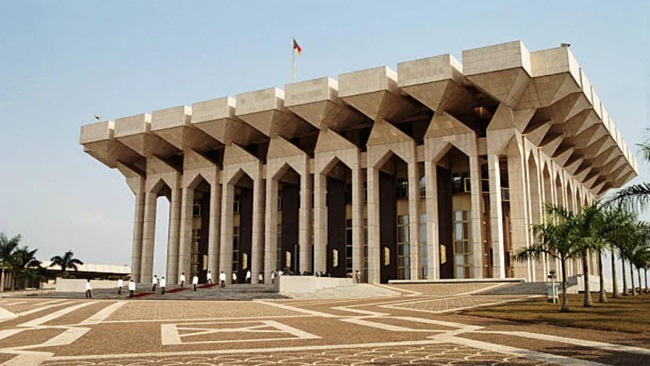22, June 2017
UK: Queen lays out May’s policies amid tumult 0
UK Queen Elizabeth II has presented Prime Minister Theresa May’s policies to the new Parliament, at a tumultuous time for Britain and as May’s future in power remain uncertain. The queen took to Westminster on Wednesday to read out a list of the government’s intentions for the lawmakers on their first day in office, following the June 8 snap general election that saw May’s Conservative Party lose its narrow majority.
The legislative program that the monarch laid out on behalf of May was a pared-down version of her party manifesto for the election and dropped some key promises to instead focus on Britain’s exit from the European Union (EU). “My government’s priority is to secure the best possible deal as the country leaves the European Union,” said Elizabeth II. “My ministers are committed to working with Parliament, the devolved administrations, business and others to build the widest possible consensus on the country’s future outside the European Union.”
Eight of the 27 bills that were included in the agenda revolved around Brexit, while the rest were focused on other issues such as the recent wave of terror attacks that hit Britain as well as the deadly apartment block fire in Grenfell Tower last week. Absent on the list, however, were May’s manifesto pledges to tax the elderly more heavily for their own care and slash free lunches for schoolchildren, the very unpopular policies that were blamed for May’s uninspiring election performance.
Faced with growing calls to step down since the vote, May has been struggling to save her reign by striking a deal for a minority government with the Northern Irish Democratic Unionist Party (DUP). The deal plunged into new jeopardy on Wednesday after the DUP handed in an expensive £2 billion list of demands to the Tories, including £1 billion pumped into the health service in Northern Ireland and a similar figure for infrastructure projects, according to the BBC.
If true, this would make it impossible to get a deal on Thursday, the new deadline that was announced after a series of similar delays. Notwithstanding the uncertain future she faces, May has decided to press ahead with the previous schedule for the EU talks. UK Brexit Secretary David Davis held the first round of talks with EU chief negotiator Michel Barnier on Monday. Labour Party Leader Jeremy Corbyn, who managed to win many seats for his party in the election against all odds, took the opportunity on Wednesday to attack May and pitch himself as her replacement.
The opposition leader, who refused to bow to the queen, said at the beginning of the parliamentary session that the government has “apparently run out of ideas altogether.” While noting that Labour was “a government in waiting,” Corbyn said people in many traditionally Tory areas had chosen “hope over fear” by voting for his party. The so-called Queen’s Speech was marred by “Day of Rage” protests outside Westminster, where hundreds of Londoners had gathered to call for May’s resignation.
Source: Presstv




























23, June 2017
Spain: MPs vote down Catalan independence plebiscite 0
Spanish lawmakers on Thursday as expected threw out a Catalan bid to hold an independence referendum which a court had already ruled illegal. Pro-separatist regional president Carles Puigdemont presented a bill calling on Madrid to “respect” the wealthy northeastern region’s attempt to hold a vote in October.
But 250 out of 350 lawmakers, led by Prime Minister Mariano Rajoy’s conservatives and backed by the main opposition Socialists and centrist Ciudadanos, voted down the move. Regionalist and pro-independence parties as well as the far-left Podemos group cast 92 votes in favor of a referendum.
Backed by a majority of pro-separatists in the Catalan regional assembly, Puigdemont wants to hold a referendum asking voters if they want their region, population 7.5 million, to be an independent republic.
Madrid has rejected the move as unconstitutional. Catalans appear divided on the issue, with 48.5 percent against and 44.3 percent in favor according to latest polls, although some three-quarters back holding a referendum.
(Source: AFP)